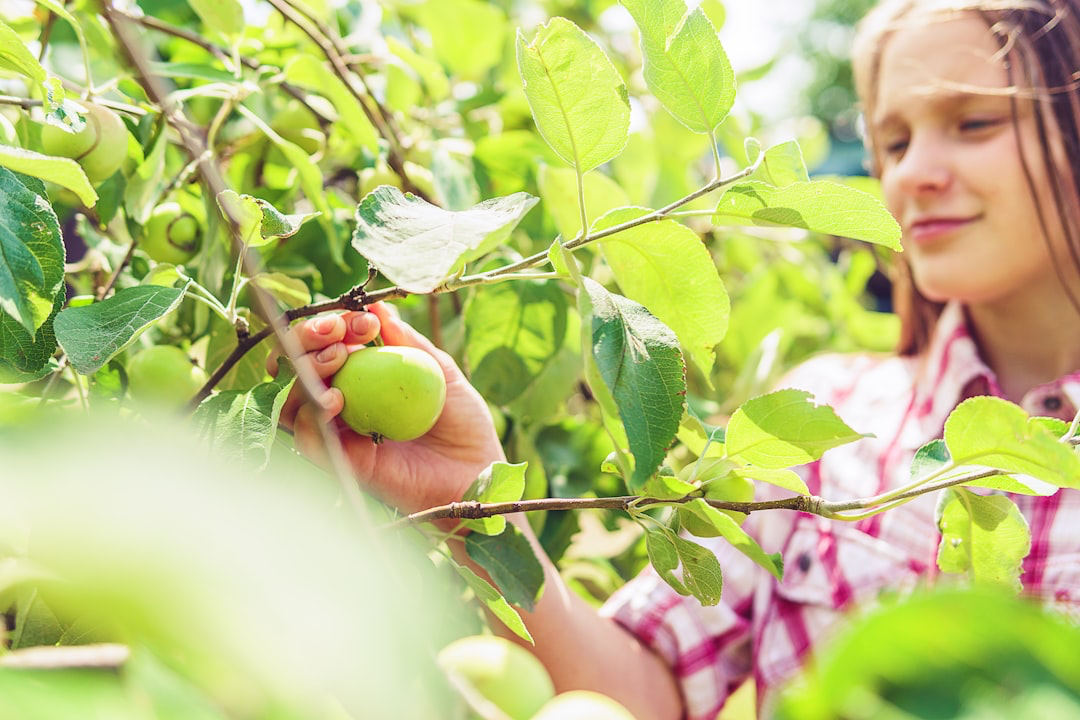Building a sustainable future for agriculture:
tackling GHG emissions and bridging the talent gap
Agriculture is the backbone of our world’s economy, yet it faces two critical challenges: reducing greenhouse gas (GHG) emissions while ensuring economic sustainability of its operations and addressing a significant talent shortfall. At this pivotal moment, numerous organizations are innovating to tackle these issues, and at Theia Learn we are passionate about guiding individuals into this rewarding and impactful sector.
The climate challenge of agriculture

In the European Union alone, agriculture contributes 10% of the total GHG emissions, with methane (49%) from livestock and nitrous oxide (30%) from soils as the primary culprits according to the European Environment Agency. In addition, droughts, floods, heatwaves and unpredictable weather patterns disrupt agricultural production in all parts of the world.
Between 2005 and 2022, the EU's agricultural GHG emissions exhibited an overall decreasing trend of 5%, with a further 2% reduction estimated between 2022 and 2023. However, projections indicate that without the introduction of further policies and measures, agricultural emissions could increase from current levels until 2030, resulting in a total EU agricultural emission level that is only 4% below the 2005 baseline. If additional measures currently planned by the European countries are implemented, the total reduction is projected to reach 7% below 2005 levels.
Between 2005 and 2022, the EU's agricultural GHG emissions exhibited an overall decreasing trend of 5%, with a further 2% reduction estimated between 2022 and 2023. However, projections indicate that without the introduction of further policies and measures, agricultural emissions could increase from current levels until 2030, resulting in a total EU agricultural emission level that is only 4% below the 2005 baseline. If additional measures currently planned by the European countries are implemented, the total reduction is projected to reach 7% below 2005 levels.
The economic issues of agriculture

Sustaining economic profitability from agricultural operations is on top of the agenda today. Rising costs, supply chain disruptions and climate change all challenge the farmers whether small or large in their activities. Climate-resilient technologies are highly sought by the agriculture sector, however financing and choosing among the options remain an area of uncertainty and many struggle to understand and identify the best options applicable than ensure profitable operations.
The talent shorfall in agriculture

Last but not the least, the agricultural sector’s progress is hampered by an aging workforce and declining numbers of young entrants.
- Only 11.9% of EU farm managers are under 40 (European Commission).
- Over 2.5 million workers left the sector in the last decade (OECD).
- Migrant labor, making up 25% of the workforce, often faces poor conditions (Oxfam International).
Strategies to combat GHG emissions
To mitigate these emissions, several strategies are being implemented. Here are some noteworthy examples that we are inspired by:
What needs to be done
There is a lot of work ahead to improve sustainability in the agriculture, and here are some of the key themes that we see organisations around the world working on:
Policy Innovation: countries must adopt stronger incentives for low-emission farming techniques.
Educational access: more educational programs are needed to prepare a new generation of sustainability leaders.
Public-private partnerships: enhanced collaboration can drive faster progress in technology adoption and equitable labor reforms.
Technology innovation in sustainable agriculture: while startups, SMEs and large companies alike are already intensively working to introduce climate friendly solutions into the agricultural sector, many more resources, talented employees and investments are needed in this space.
Policy Innovation: countries must adopt stronger incentives for low-emission farming techniques.
Educational access: more educational programs are needed to prepare a new generation of sustainability leaders.
Public-private partnerships: enhanced collaboration can drive faster progress in technology adoption and equitable labor reforms.
Technology innovation in sustainable agriculture: while startups, SMEs and large companies alike are already intensively working to introduce climate friendly solutions into the agricultural sector, many more resources, talented employees and investments are needed in this space.
How Theia Learn can help

Theia Learn Sustainability bridges the gap between challenges and solutions by advising our mentees and learners on career pathways within agriculture and sustainability. Through mentorship and tailored educational programs, we:
Highlight in-demand roles in regenerative farming, green agritech, sustainable business, financial and policy for agricultural sectors.
Connect our mentees and learners with opportunities in organizations driving real-world change.
Equip aspiring professionals with the skills and guidance to lead a sustainable agricultural revolution.
The future of agriculture depends on fresh talent ready to lead the way. By combining sustainability with meaningful work, this sector offers unparalleled opportunities to create a lasting impact. Start exploring your pathway with us.
Highlight in-demand roles in regenerative farming, green agritech, sustainable business, financial and policy for agricultural sectors.
Connect our mentees and learners with opportunities in organizations driving real-world change.
Equip aspiring professionals with the skills and guidance to lead a sustainable agricultural revolution.
The future of agriculture depends on fresh talent ready to lead the way. By combining sustainability with meaningful work, this sector offers unparalleled opportunities to create a lasting impact. Start exploring your pathway with us.
Don't hesitate



